DO CERTIFIED DIAMONDS LOOK BETTER?
DO CERTIFIED DIAMONDS LOOK BETTER THAN NON-CERTIFIED ONES?
This post contains affiliate links. If you use these links to buy something I may earn a commission. Thanks! As an Amazon Associate I also earn from qualifying purchases.
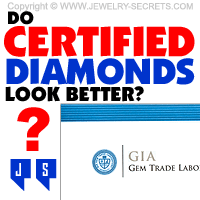
Story:
(You’ll like this one!)
A customer is telling me about her visit to another jeweler.
She says the salesperson showed her certified diamonds.
Great!
She said the diamond looked “wonderful“.
Then she says the lady brought out a diamond that wasn’t certified. And that stone “looked really bad“.
Needless to say, this customer is hooked on certified diamonds and won’t even look at anything else.
Sadly, this customer is hooked on certs for all the wrong reasons.
Certificates are misleading.
You see, this salesperson mislead the customer into thinking that all certified diamonds look good and all non-certified diamonds look bad.
This is farthest from the truth.
The fact is, both diamonds can look the same (beautiful, or ugly).
It doesn’t matter if the diamond has paperwork or not. And it’s quite possible that a non-certified diamond could look much better than a certified one. It all depends upon the quality of the diamond (you know, the 4C’s: cut, color, clarity and carat weight).
This salesperson must be selling a ton of high-priced certified diamonds this way (she ain’t selling the crappy ones).
Certified doesn’t mean quality.
Selling certified diamonds is great. I love it. I approve of it.
But not the way she’s doing it. Just because the diamonds are certified does not mean the diamond is high quality. You may be surprised.
A lot of jewelry stores are actually certifying I2 and I3 clarity diamonds, which to me is a joke.
Why?
Because I2 and I3 clarity is the lowest clarities on the market. No one needs guaranteed proof of that. “Hey, you just bought the lowest quality available on the face of the Earth, and here’s the paperwork proof.”
I mean, really. It’s the bottom of the bucket, there is nothing worse…
So why certify it?
The cream of the crop:
It used to be that only higher quality diamonds were certified (meaning, they come with a diamond report). Like SI, VS, VVS clarity or higher. If you bought a high quality diamond I could totally understand why you would want proof that it’s that quality stated. I would.
Certs used to be a good thing.
But now???
The lowest clarity? Certified? Come on…
Stores should quit trying to make low quality diamonds out to be better than they really are. I think certifying an I3 diamond actually hurts the integrity of certified diamonds.
It makes me think that…
Certificates don’t mean squat.
Just because it’s a cert, doesn’t matter. What matters is the cut, color, clarity, and carat weight. That’s what you should be focused on… Not whether it has official looking laminated paperwork or not.
Compare diamonds:
The best way to determine if a diamond is a good diamond or not, is to compare them.
Comparing diamonds is the best learning tool ever for customers to understand the differences between clarities and color. Educating people about quality and letting them see for themselves is never a bad thing.
I show different qualities and certifications all the time. Customers love it. They get it.
But using a so-called-certificate to make the customers believe that certified diamonds look better than non-certified diamonds is just foul play.
So don’t fall for it.
If you want to compare certified diamonds against non-certified diamonds, then compare diamonds of the exact same clarity and color. That’s the best test. Compare apples to apples.
Like comparing an SI1 clarity non-certified diamond to an SI1 certified diamond.
That’s the way to do it.
I believe in the value of certification. Certifications are physical, documented proof of quality… but they also cost more.
Although Customers don’t mind paying more because it also brings peace of mind with that purchase.
As long as customers have a choice and understand the pros and cons to both certified and non, then there’s nothing wrong with it.
Read: certified or not.
Just be leery of the salesperson that leads you to believe non-certified diamonds are inferior… It’s a farce.
Don’t buy into it.
A diamond is a diamond.
Whether the jeweler sent that diamond out to get it graded with a diamond report is a whole different story.
But it doesn’t mean it’s bad.
It just means it’s not certified…
YET!
Cheers! :)


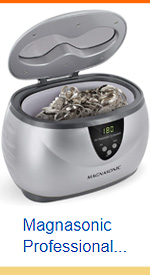

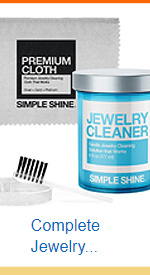
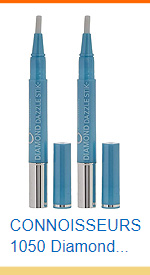
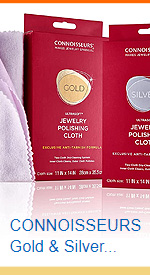
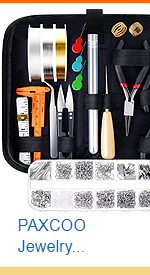
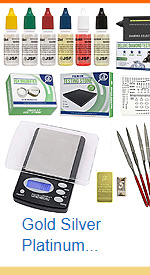
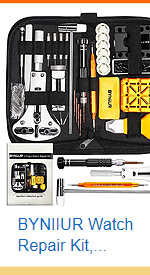
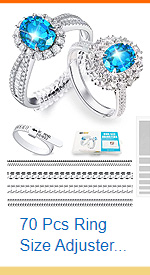
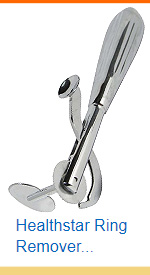
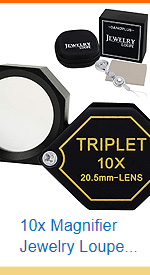
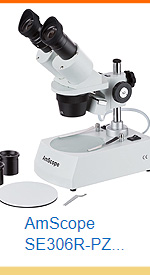




Totally agree 100%. Paperwork is secondary. And certifications aren’t free. Somebody has to pay that bill, and it’s not going to be the jeweler! They are going to pass that on in the price of the stone whether it’s a great stone, or crappolla!
Personally, it makes me very leery of anyone who can look at a stone without a loupe, know what they are seeing, see that it’s crap, and get it certified anyway, like it actually means something. Makes me wonder what other missteps of salesmanship they are doing in the process. If I can see for myself that it’s garbage, no piece of laminated paper with pretty pictures on it is going to improve that stone one bit. Of course, I’m not one to buy anything worse than an SI1 anyway. And I still have to see it with my own eyes, (and a loupe) first!
Anybody it seems can get a diamond “certified” these days. How about WHO is doing the certifying? There’s an alphabet soup of organizations who claim to do it, but nothing “trumps” GIA. Unless it’s a genuine lab created diamond, which is handled by someone else (name escapes me at the moment.) GIA ALL THE WAY